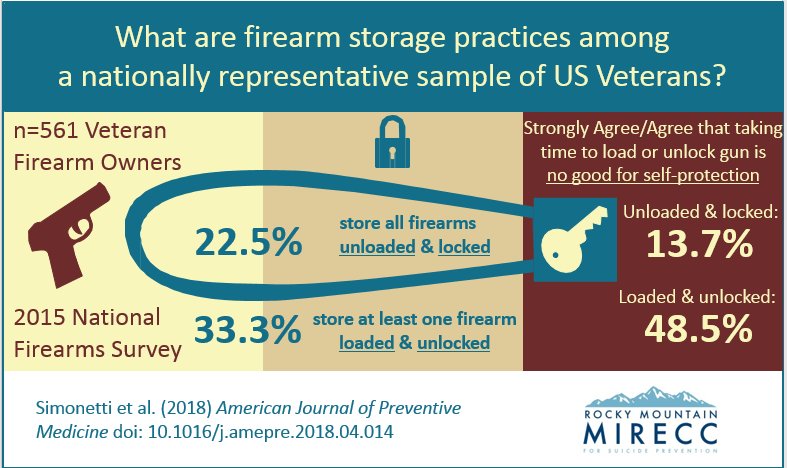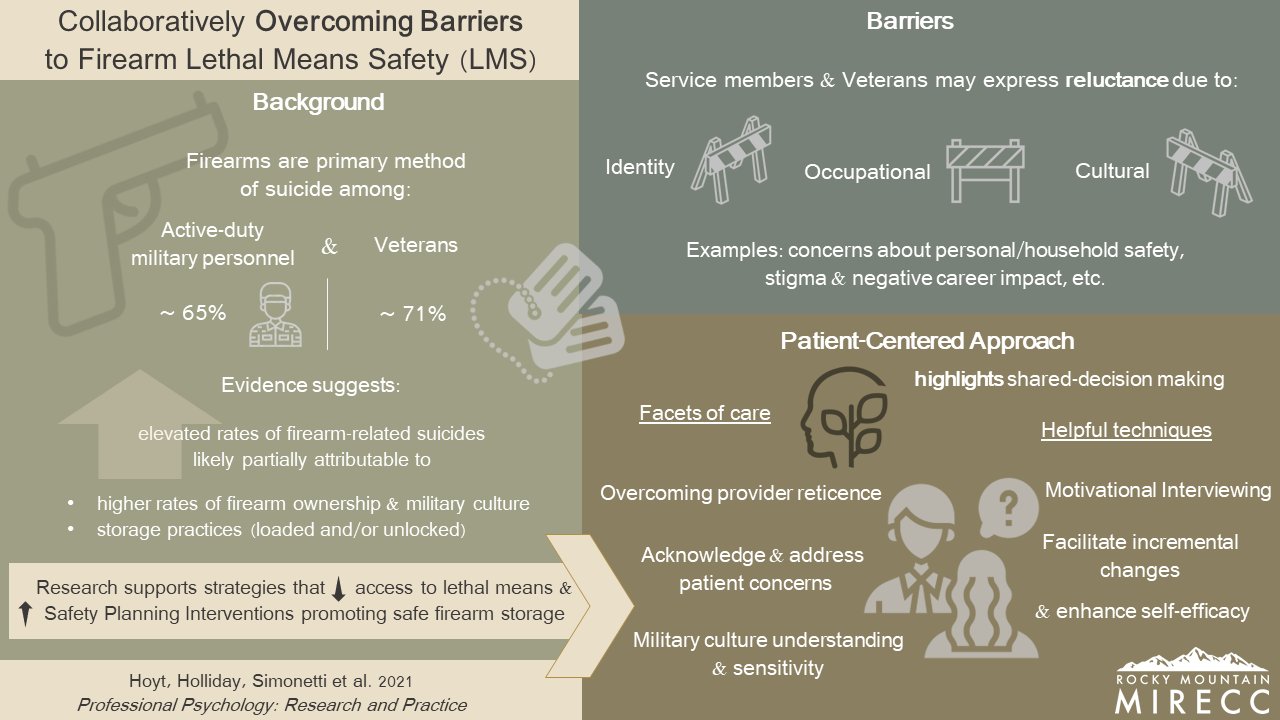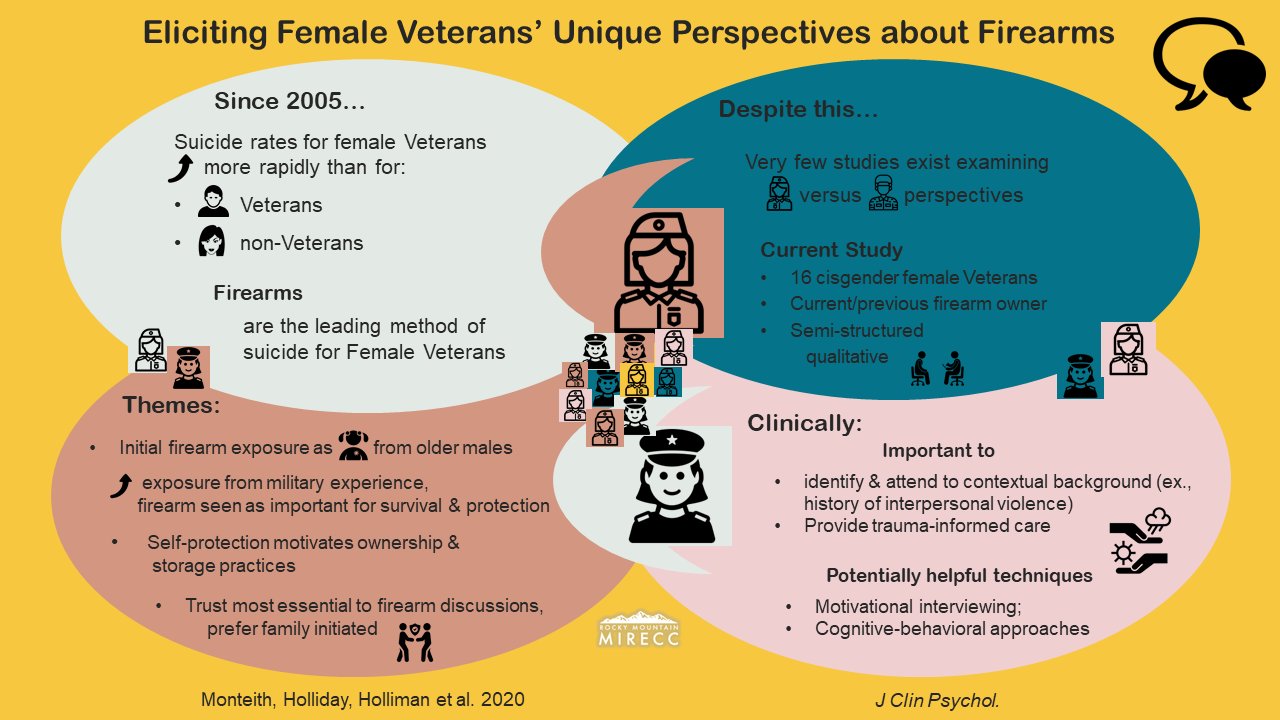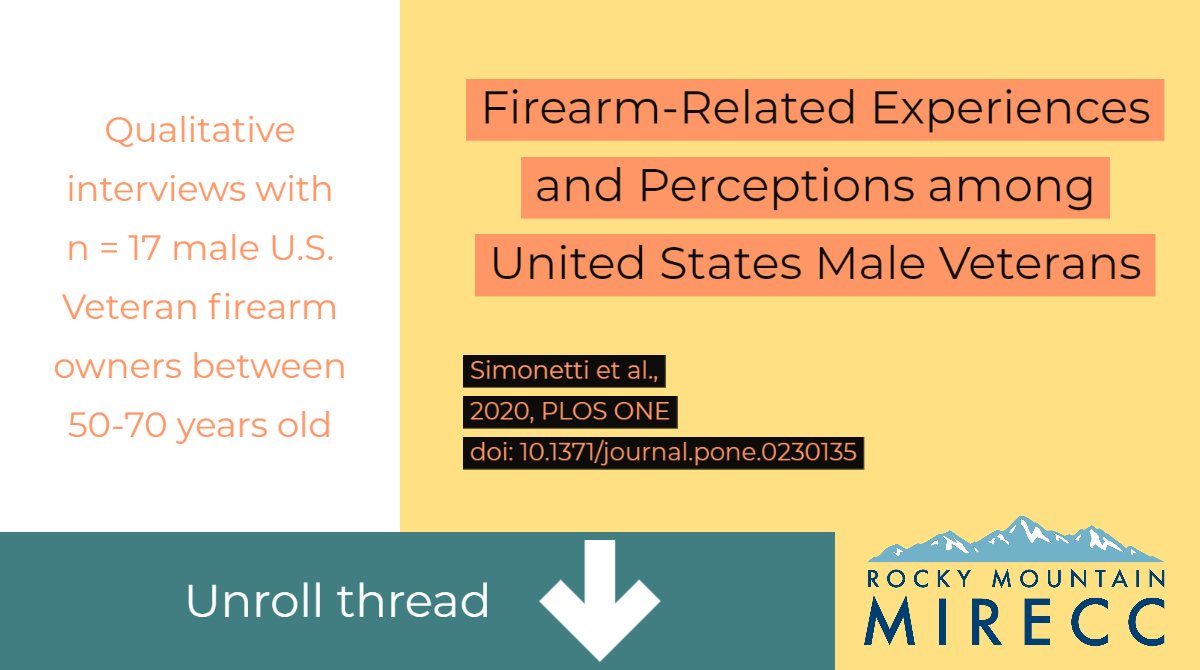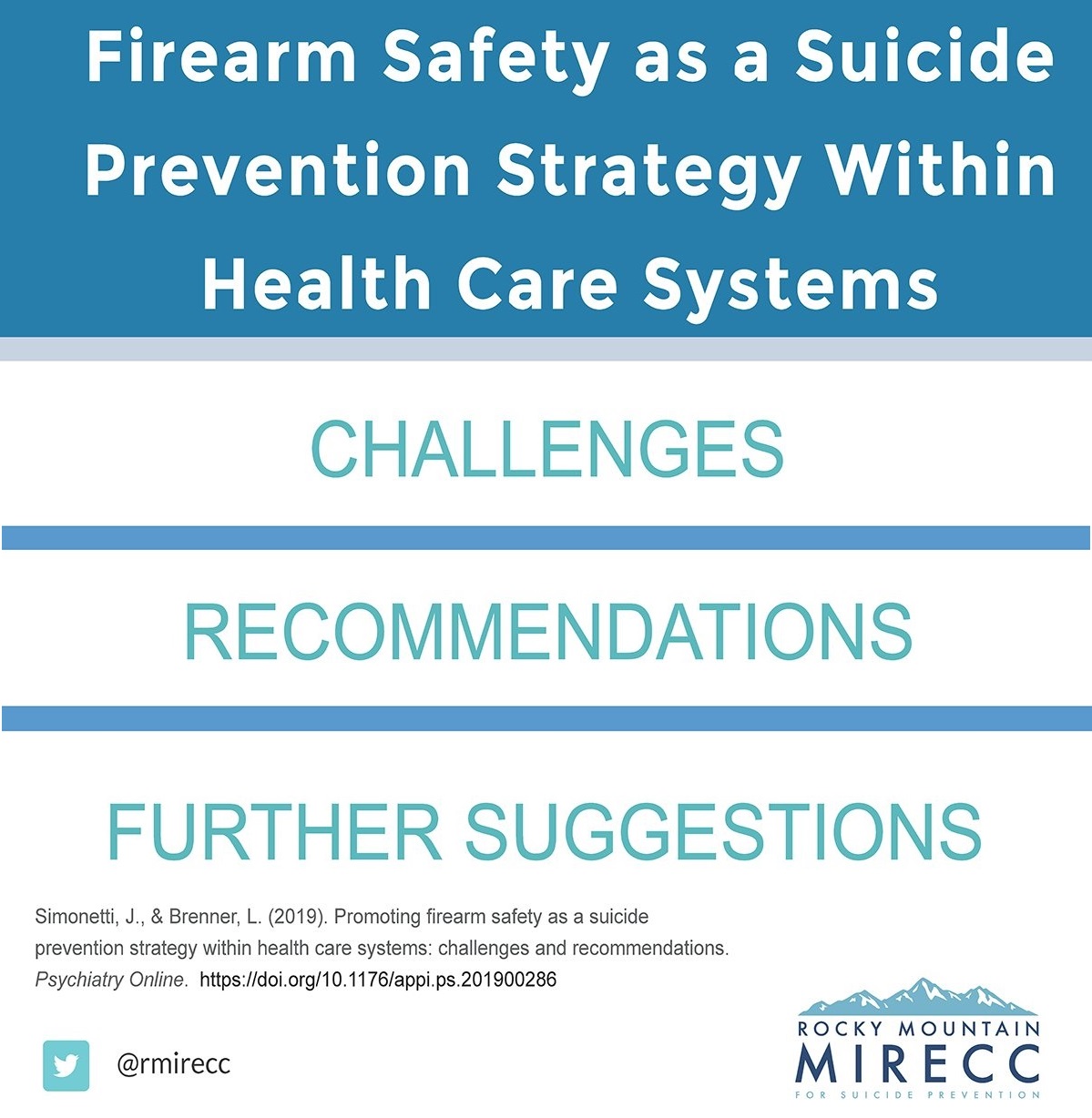MIRECC / CoE
Lethal Means Safety Research | Rocky Mountain MIRECC for Suicide Prevention
 |
|||
 |
 |
 |
 |
The Rocky Mountain Mental Illness Research, Education and Clinical Center (MIRECC) for Suicide Prevention carries out research in both the Rocky Mountain Regional VA and Salt Lake City VA. We also partner across the U.S. with other VA sites, the Department of Defense and in local communities. Our research has informed changes to policy and practice throughout VHA and the community. Keep reading to learn more and see specific examples of our research.
Our Research Focus Areas
Suicide is complicated and has multiple causes. We study suicide from multiple angles, looking at factors that might put a Veteran at risk for suicide, as well as factors that help protect Veterans from suicidal thoughts or behaviors.
Our research covers a wide range of topics related to suicide prevention, including the neurobiology of suicide, clinical and behavioral interventions targeting suicidal behavior, tailoring treatments to diverse Veteran populations and implementation of evidence-based practices for suicide prevention. Our programs and research are also aligned with the National Strategy for Preventing Veteran Suicide.
Lethal Means Safety

Lethal means safety (LMS) is the practice of building time and space between someone who is having suicidal thoughts and objects (e.g., medications, firearms, sharp instruments) that can be used to inflict self-directed violence. Lethal means safety counseling plays an important role in a comprehensive suicide prevention strategy. Our investigators study various aspects of lethal means safety, including Veteran firearm storage practices, collaborative strategies for firearm safety, male and female firearm experiences, and involving loved ones in firearm safety interventions.
We have featured some of our LMS projects and research here. If you’d like to learn more about LMS evidence, counseling, recommendations, and resources, visit our Lethal Means Safety and Suicide Prevention website.
Lethal Means Storage Preferences and Practices
A number of our investigators are conducting research to understand Veteran’s preferences and practices for lethal means (e.g., firearms, medication) among Veterans. Dr. Lindsey Monteith is currently conducting interviews with women Veterans, their partners, and their providers to study their experiences and preferences surrounding lethal means safety. Dr. Joe Simonetti and Dr. Ryan Holliday have conducted multiple studies exploring questions such as, how do Veterans store firearms, which safe storage devices are most used, and how can we increase the safe storage of firearms and other lethal means. These visual abstracts, infographics, and websites provide more information and results.
- Perspectives of Female Veterans, VHA Providers and Family Members on Preventing Firearm-Inflicted Suicide
- Select the images below to enlarge and learn more about lethal means practices and preferences.
Male and Female Firearm-Related Experiences
Firearms are the leading method of suicide among female Veterans and older male Veterans. Understanding experiences and perspectives unique to these demographic groups gives key insights for developing effective and acceptable firearm safety interventions. View these visual abstracts to see more details from these qualitative research studies.
Firearm Safety & Suicide Prevention within Health Care Systems
Health care systems can have an important role in promoting firearm-related lethal means safety, which is a key component of suicide prevention programs. However, there can be many challenges to implementation of these programs. This visual abstract presents challenges, recommendations, and suggestions for health care systems and collaborators interested in firearm-related lethal means safety suicide prevention programs.
Click the image to enlarge and learn more.
Our lethal means safety research is within the Clinical Research and Clinical Implementation phases of the translational model. Visit the translational model page to learn more about these and other phases in the model.
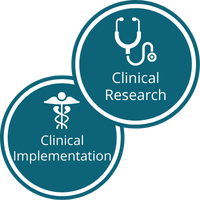
Explore other research focus areas
Quick Links to Study Websites
- Understanding Transgender and Gender Diverse Veterans’ Experiences, Needs, and Preferences
- VA Patient Safety Center of Inquiry - Suicide Prevention Collaborative (PSCI-SPC)
- Home-Based Measurement of Circadian Timing in Veterans with Traumatic Brain Injury and Insomnia (Home Circadian)
- Promoting mental health wellness and safety among Veteran firearm owners (FFAST)
- Assessing Social & Community Environments with National Data (ASCEND)
- Suicide Risk and Prevention among Asian American and Pacific Islander Veterans
- Military and Veteran Microbiome: Consortium for Research and Education (MvM CoRE)
- Facilitating Assessment of At-Risk Sailors using Technology (FAAST)
- Advancing Suicide Prevention for Underserved Veterans (ASPIRE) Lab
Research Findings
The documents listing publications from Rocky Mountain MIRECC-affiliated research are currently down for extended maintenance while we improve the accessibility. Thanks for your patience and we apologize for the inconvenience.
Questions? We strive to make our content accessible to all, and we know you may be temporarily unable to find the publications that used to be available here. If we can assist you while the page is down and for any questions about the publications web maintenance, please contact us at RockyMountainMIRECC@va.gov.
Last Updated 26 March 2024


















